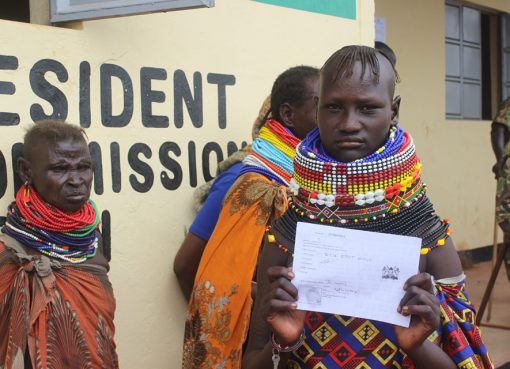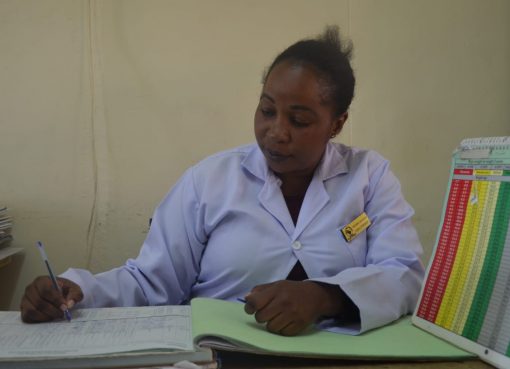The Government is committed to helping marginalized, vulnerable youths and small-scale farmers to benefit from Agriculture, Cabinet (CS) Secretary Mithika Linturi has said.
The CS, while speaking Tuesday during the National Agricultural Summit that brought together Millers and farmers and sought to find a solution to the problems facing the Agriculture sector in Kenya, said that agriculture plays a pivotal role in the country’s economy by creating employment and contributing to overall development.
“As we navigate a rapidly changing global landscape, it is important that we embrace innovation, sustainable practices, and collaboration to ensure a resilient and prosperous agricultural future,” said Linturi.
He noted that small-scale farmers, women, and marginalized groups often face numerous challenges, including limited access to resources, technology accessibility, and knowledge of market trends.
“Despite the challenges, the Agriculture sector has remained the most dominant sector, contributing about 22 per cent of the Gross Domestic product (GDP) and increasing the value of marketed agricultural products by 4.3 per cent from Sh 505.3 billion in 2020 to Sh 527.0 billion,” Linturi added.
Linturi said that the government’s priority in boosting Agricultural activities entails increasing the number of young people with knowledge in agriculture, increasing the uptake of digital agricultural solutions, improving the diversity of diets, including vegetables and dairy meat, and heightening climate action to build the resilience of the people.
“By prioritizing the needs of the most vulnerable and marginalized, we can build a resilient and equitable agricultural sector that not only feeds our nation but also contributes to the well-being and prosperity of all through socio-economic development,” Linturi echoed.
He also encouraged everyone to develop sustainable food systems through responsible investments in livelihoods that protect and promote biodiversity.
According to Agriculture Sector Network General Manager Agatha Thuo, the summit was significant at a time when the sector was reeling from a decline in growth and experiencing the effects of the global food crisis in the country.
“The rollout of the agriculture sector growth and transformation strategy cannot be effectively realized without a deliberate paradigm shift, particularly a drift silo mentality to coordinate efforts in advocating for agriculture reforms,” Thuo highlighted.
She said that Agriculture policy reforms, value chain development, and inclusion must be approached from a coordinated perspective.
By Daisy Masinde and Lucy Gitei





